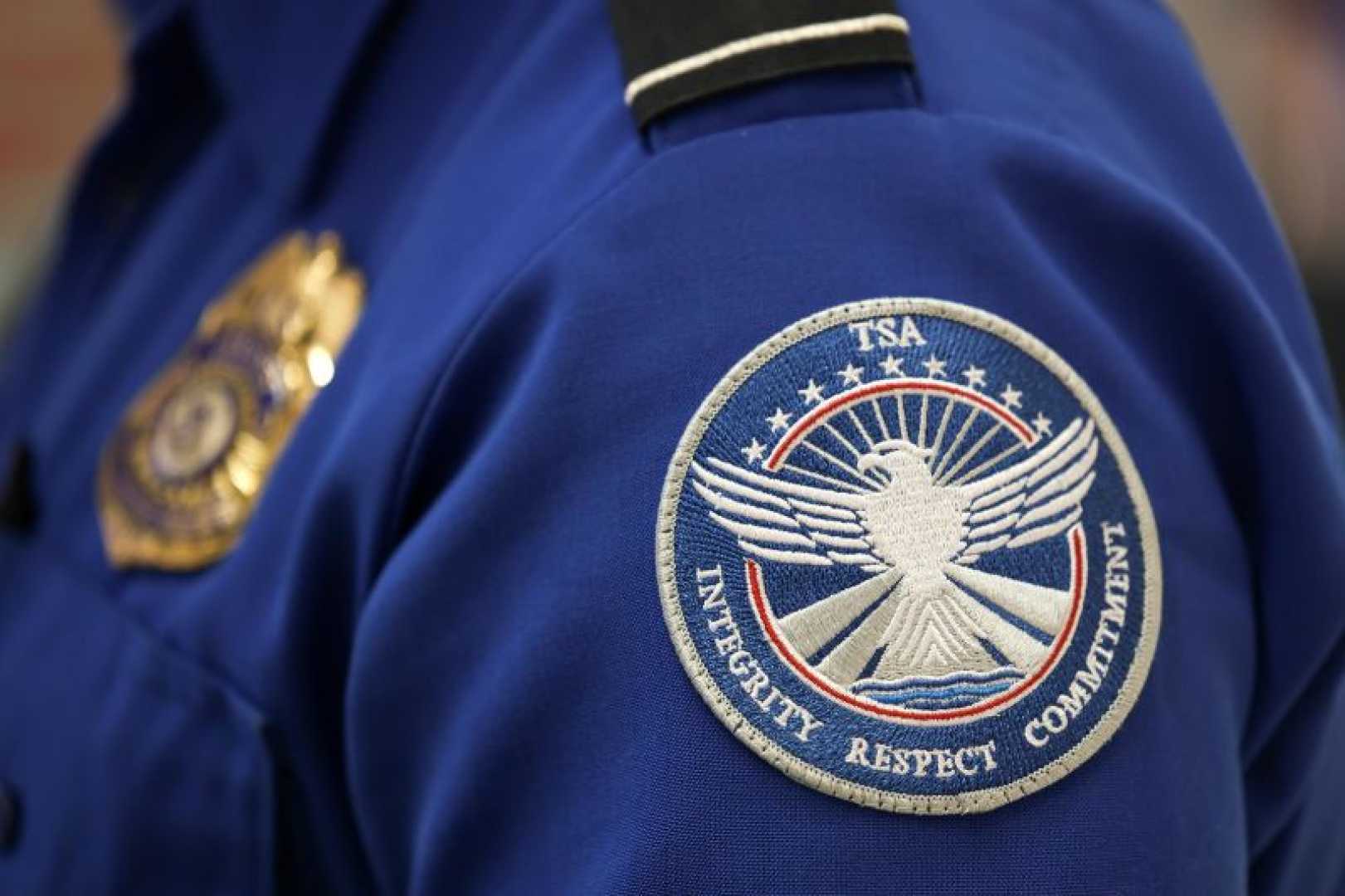News
DHS Ends TSA’s Controversial Quiet Skies Program Amid Political Concerns

Washington, D.C. — The Department of Homeland Security (DHS) announced on Thursday it is ending the Quiet Skies program, which subjected some travelers to extra screenings at airport security. The decision comes amid claims that the program was politicized and likened to a ‘political rolodex’ under the Biden administration.
DHS Secretary Kristi Noem stated that the program cost approximately $200 million annually and that it had not effectively prevented any terrorist attacks. She asserted that the agency will instead focus on more reliable methods to ensure safe air travel. “It is clear that the Quiet Skies program was used as a political rolodex of the Biden administration,” Noem said, advocating for a Congressional investigation into purported misuse.
The Quiet Skies program, initiated in 2010, maintained a watchlist of individuals, including exemptions for “foreign royal families, political elites, professional athletes, and favored journalists.” Critics, including the American Civil Liberties Union (ACLU), consistently condemned the program for its covert nature.
In 2018, the ACLU demanded transparency regarding the program, highlighting concerns over surveillance and the potential for civil rights violations. “Travelers deserve to know how this surveillance is being implemented,” stated ACLU senior attorney Hugh Handeyside at the time.
The DHS referenced a notable incident involving William Shaheen, husband of Senator Jeanne Shaheen, who was removed from the watchlist after contacting TSA leadership in 2023. He had reportedly flown with individuals flagged as known or suspected terrorists. The senator’s office acknowledged she sought clarity after her husband faced significant security challenges, but she was unaware of any specific lists associated with him.
The termination of the Quiet Skies program is part of DHS’s commitment to restore privacy and equal application of security measures for all Americans. “TSA’s critical aviation and security vetting functions will be maintained, and the agency will return to its core mission focused on the safety and security of the traveling public,” Noem concluded.












